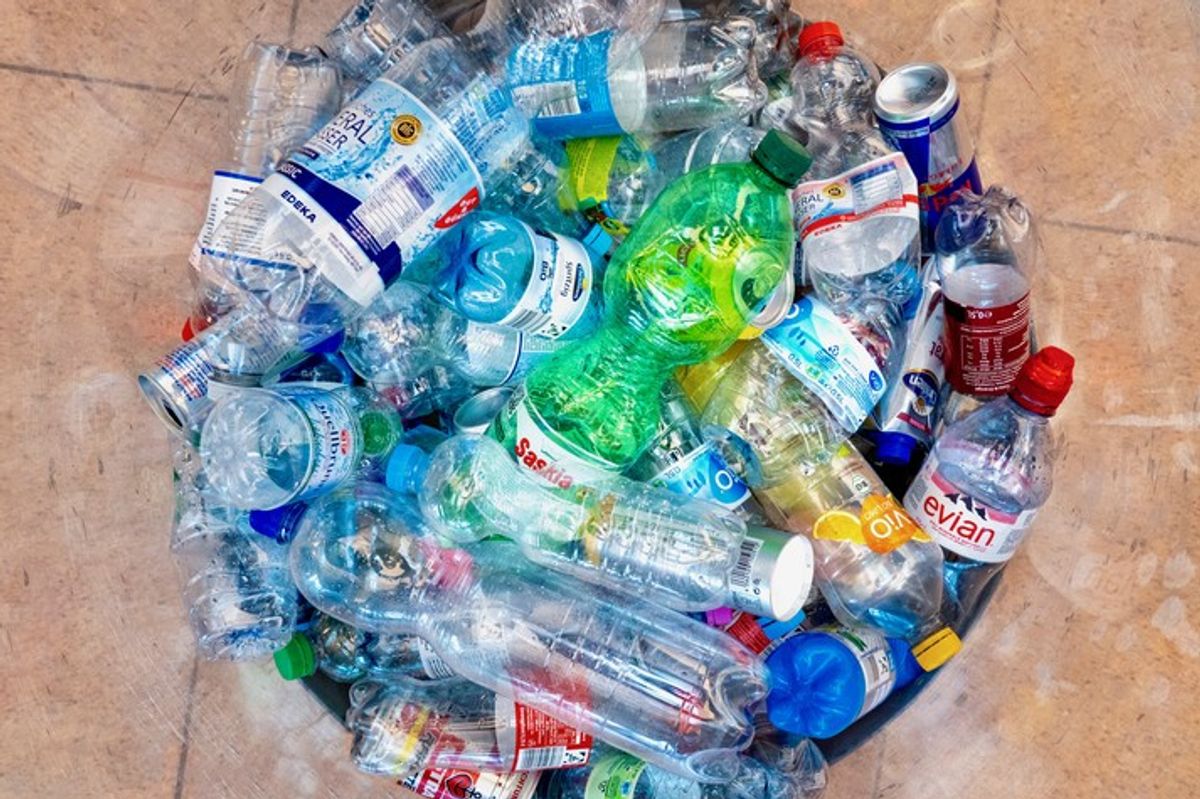Consumer goods majors Mars and P&G, along with packaging firm Amcor and environmental NGO Delterra, have announced the launch of a strategic partnership to stem the tide of plastic pollution in the Global South.
The companies will work together to scale upstream and downstream solutions for a circular plastics economy, jointly committing $6 million (£4.85m) over five years.
The announcement comes in the lead-up to the second negotiating committee meeting for a Global Plastics Treaty (INC-2), working to develop a globally binding instrument on plastic pollution.
The companies also called on like-minded organisations to join this first group of strategic partners. The partnership will focus on countries of the Global South, starting in Indonesia, Argentina and Brazil, and aim to provide easy access to waste management and recycling systems to 10 million people.
They will also explore new ways to drive true systems change and to innovate beyond each organisation’s individual realm to positively impact the entire ecosystem.
“We are thrilled to be partnering with Amcor, Mars and P&G on our joint mission of eliminating waste in the environment,” Shannon Bouton, president and chief executive at Delterra, said.
“Solving plastic pollution – and indeed the broader waste crisis, requires a rethinking of the way we produce and manage waste. This includes a rapid expansion of waste collection and sortation and reliable recycling markets, alongside a deeper redesign of how we consume. We are inspired that these organisations are stepping up to this challenge alongside Delterra and we invite more companies to join this growing partnership.”
David Clark, vice president, sustainability at Amcor, commented: “This partnership of leaders from the packaging value chain will make a real difference in creating a circular economy for packaging and eliminating plastic waste from the environment.
“Our partnership with Delterra in Latin America has shown us that shared commitments enable great progress when working collaboratively. We understand the critical importance of stemming pollution at the source by designing waste out of the system and returning plastic into the value chain as recycled content. This strategic partnership is a milestone achievement towards this ultimate goal."
Allison Lin, global VP packaging sustainability at Mars, said: “We are excited about this partnership with Delterra and like-minded peers in the industry. We want to demonstrate that we can create successful programs for waste management and recycling systems particularly in the Global South, that currently lacks the infrastructure we need to stop plastic pollution. Scale will enable these systems to be self-sustained and ultimately, protect people and planet while at the same time creating value for local communities.
“We call on all parties gathering in Paris for the Global Plastics Treaty negotiations to agree on a regulatory framework that enables the creation of effective waste management infrastructure systems everywhere in the world.”
Stacie Hecht, packaging & waste leader – global sustainability at Procter & Gamble, stated: “We are excited to partner with Delterra. It will take the entire value chain – including businesses like P&G – to prove out new circular business models while improving waste management.”


